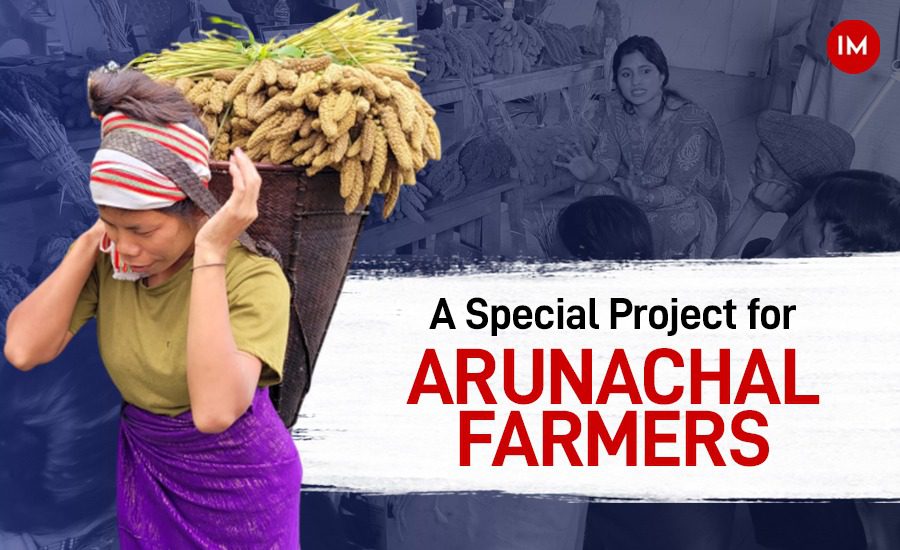The ‘Mission Arunachal Foxtail Millets’ project, a joint initiative of the Tirap district administration and the Farm Native Group to boost millet production and provide wide marketing linkages, was recently launched by Deomali ADC Vishakha Yadav for her sub-division, which is heavily insurgency laden and filled with drug addiction related issues, leading to a decline in overall development.
Indian Masterminds spoke exclusively with the officer who shared details about the millet project.
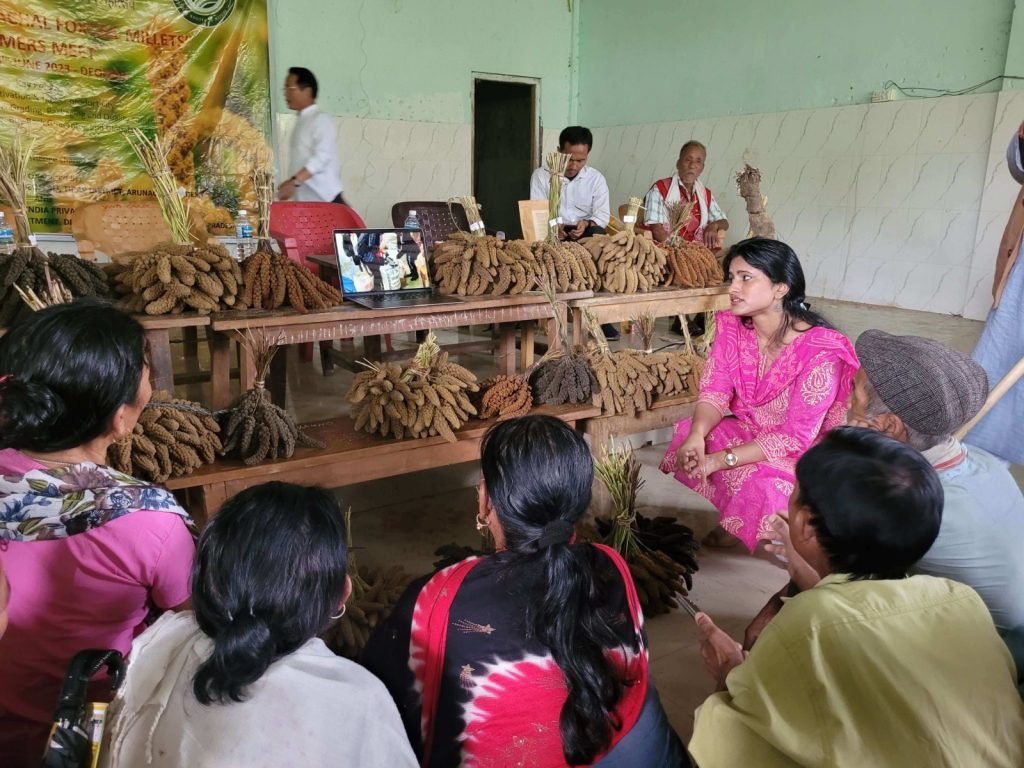
IDEA
People in the tiny district were not exposed to modern-day education and farming operations due to a lack of exposure in the area. The district, on the other hand, is home to special foxtail millets, the nutritional value of which was previously unknown to the region’s farmers.
“During a field trip one day, I stumbled across a small foxtail millet field and discovered that practically every home in the region was producing these millets because the climate and soil were so conducive to the crop that it required no maintenance or effort! Because of a lack of exposure and understanding, generational crops were rapidly dwindling, and I realised something had to be done in this circumstance,” Ms. Yadav told Indian Masterminds.
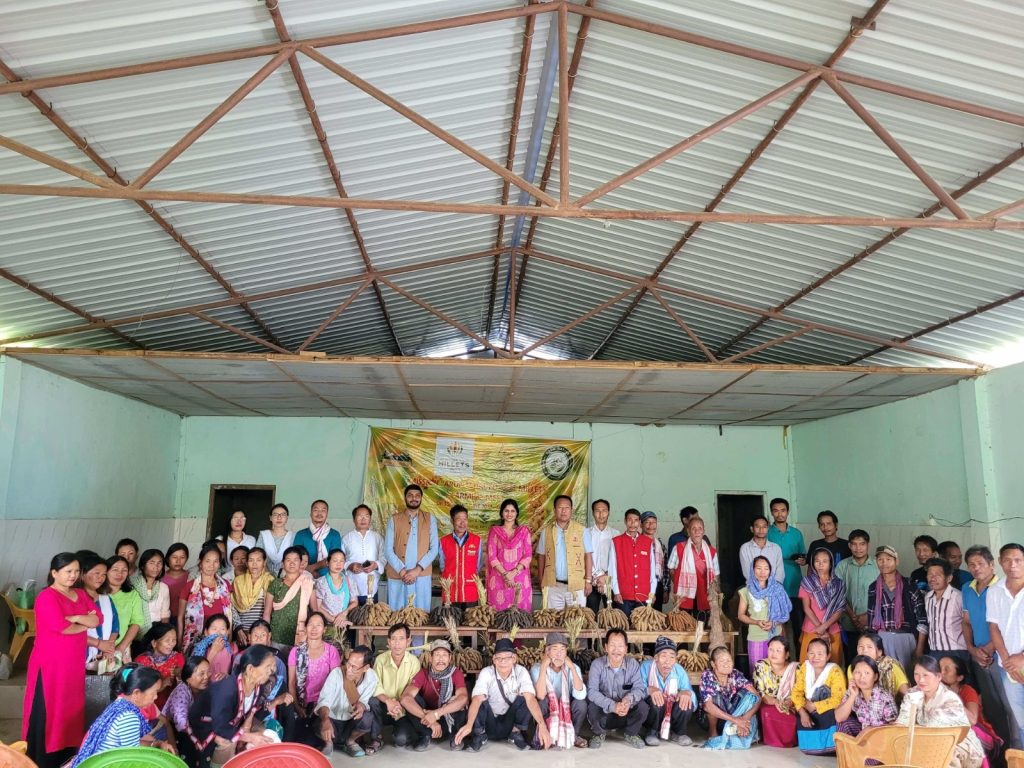
TRAINING
The officer worked with a private partner to form large clusters of farmers by organising them into groups and commencing collective farming. They then used Krishi Vigyan Kendras to teach these farmers about the importance of foxtail millets and train them in plantation techniques, soil selection, and sorting out dry/wet grains, among other things.
“We planned to provide them with forward and backward linkages in which we would teach them organic farming practises and supply them with high-grade organic seeds for initial plantation. When the crops are harvested, the produce is separated, collected, packed, and promoted for sale online or in large retail stores across the country,” she shared.
The officer has scaled the strategy for the next five years, after which she hopes the farmer clusters will be self-sufficient and able to carry on the process without assistance.
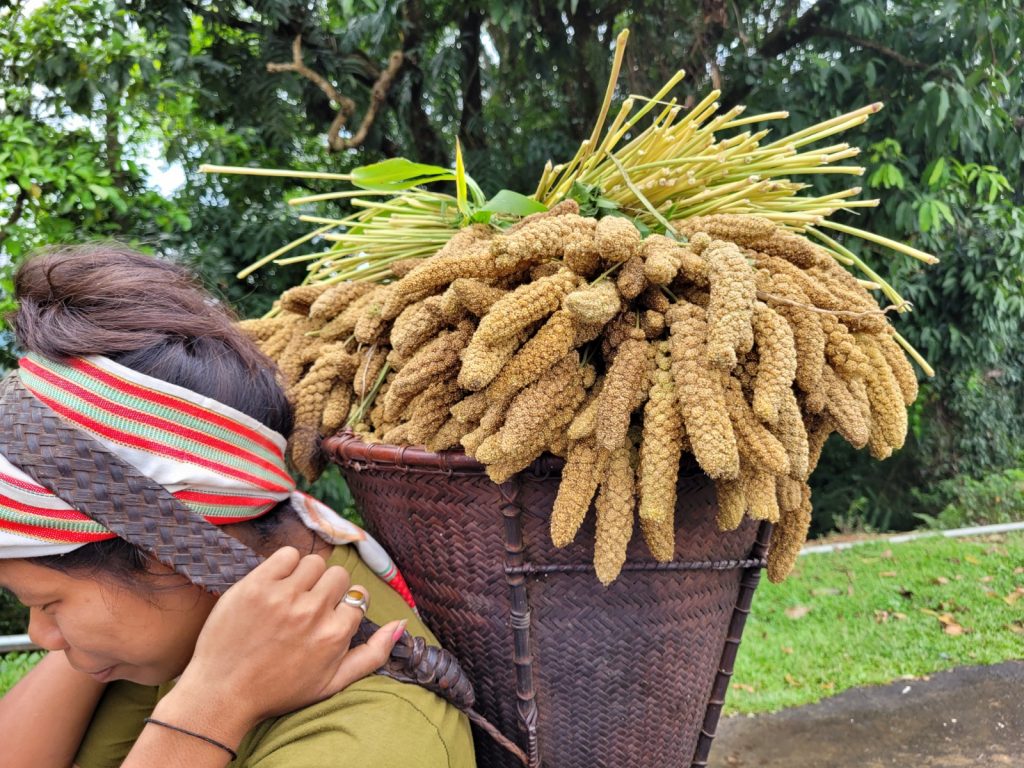
REGISTRATION
Ms. Yadav also worked with the Agriculture Department to present all farmers with registration forms on which they must fill out their information and write how much of the product they produced over the season.
The produce will subsequently be collected and stored in a warehouse before being packaged and marketed. Everything will be handled by the private company and the administration, from transportation to sales.
“All that the farmers have to do is cultivate and produce. We will take care of the marketing perspective, free of cost,” she told Indian Masterminds.
Over 1000 farmers have signed up for the campaign and filled out their produce forms. The first batch of millets has been cultivated and is currently being marketed, and will be ready for sale soon.
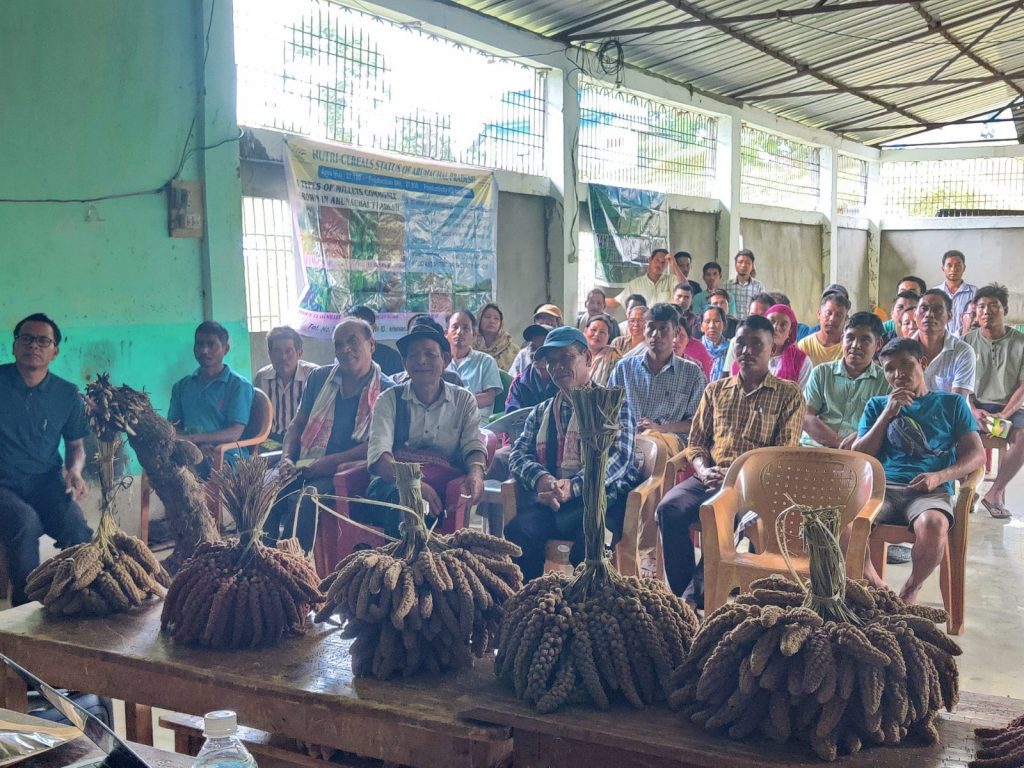
PROFIT SHARING
The officer also intends to grant organic certification to the farmers by the end of next year. Furthermore, as the scale of production develops, so will the farmers’ profit margin, which will be provided to them in the form of modest machines that will be useful to them during cultivation.
“In the long run, after the profit margins have stabilised, we will also establish local small-scale food processing units to create millet cookies, namkeens, and other items that will add market value to the production,” stated Ms. Yadav.
The officer, who is serving as moderator and resource person, stated that the mission’s goal in this International Year of Millets 2023 is to make millets farmers self-sufficient by improving their livelihoods. The initiative’s fruits should filter down to the grassroot level, she said, hinting at future efforts to obtain organic certification for millets.
It is worth noting that Tirap district has been chosen this year for millet production under the “one district, one product” strategy to provide a glimmer of hope to the cash-strapped millet farmers, notably in the Deomali sub-division.

